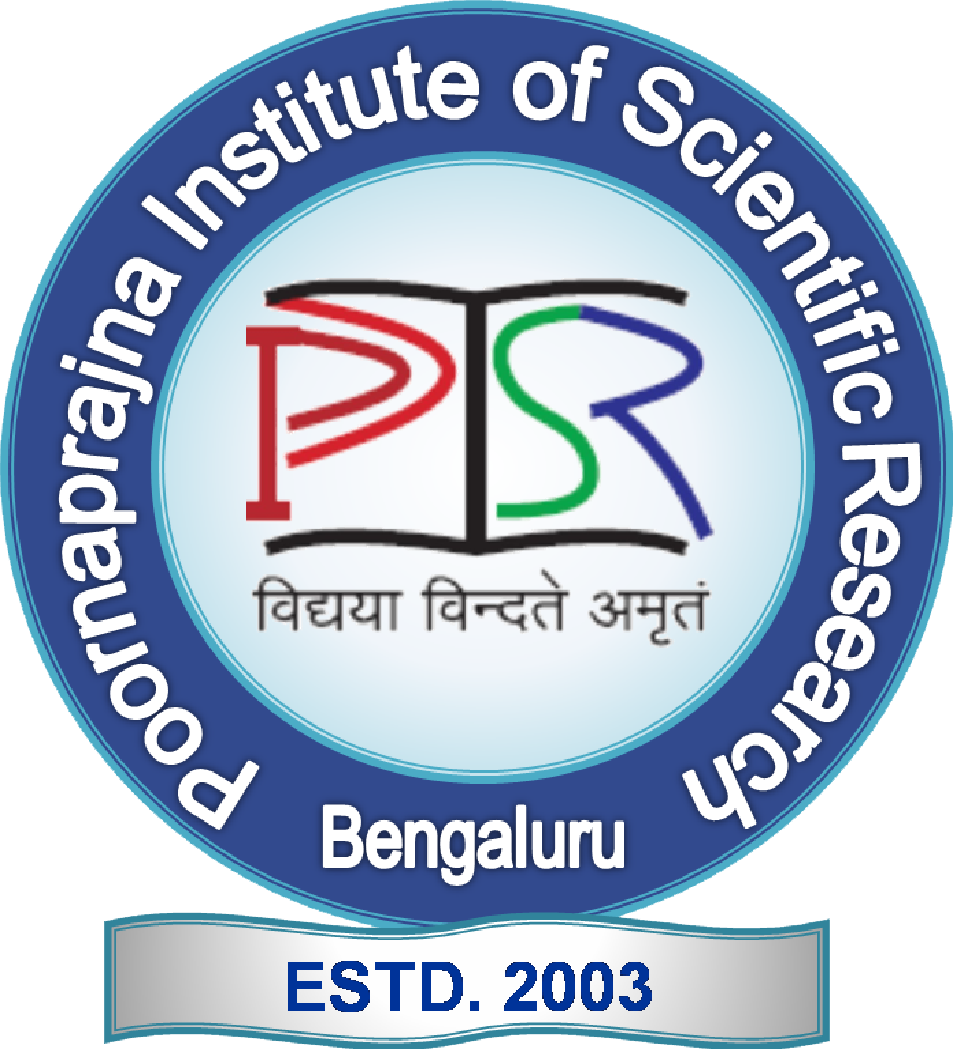
Image: Ganga, by Ganesh Hire
Bridging science and Vedantic philosophy
Overview
CFS (Center for Foundational Study) is an interdisciplinary division centered in PPISR to foster a dialog between the sciences (physics, mathematics, biology, neuroscience, etc.) and schools of traditional Indian philosophy (Vedanta, Vaisheshika, Nyayika, etc.)
Broadly, we have identified three directions of research:
- Conceptual dynamics and foundations of Science
- Consciousness, free will and causality
- Public outreach and scholastic curriculization of this study
- What are the scope and limits of the current scientific method?
- Considering the historical evolution of scientific concepts during the classical period, can we sure that the ontological framework for our current understanding of quantum field theory, spacetime and gravity is indeed the correct one?
- What is consciousness? Does free will exist? Can the laws of physics explain self-aware consciousness, and specifically, the relationship between neural correlates and subjective, first-person experiences?
- What are the ultimate cause (“meta-law”) that determines the mathematical structure of physical laws and the existence of the universe?
Optimistically, our work could, we hope, help shed light on these “Really Big Questions” (RBQs) in science. If not, we can at least hope to evolve a FRAMEWORK or LANGUAGE (based on semiotics?) through which science and traditional philosophy can hold a constructive dialog, one where presumably science supplies the SYNTAX, while philosophy supplies the SEMANTICS.
The challenge and the promise
The main obstacle to a dialog between the two knowledge systems (science and traditional philosophy) is that science deals with the objective world of OBSERVABLES, employing a mathematical description based on experimental testing, whereas traditional (esp., Vedantic) philosophy deals with the subjective world of the OBSERVER, employing models based on intuitive insights gained through direct, subjective experience and contemplation.
Vedantic philosophy can shed new light on the Really Big Questions of science. Scientific feedback can lead to epistemic extension of philosophy. In this way, science and philosophy can dialog and enrich each other. This will help enrich our understanding of not just the world around us, but of ourselves
Activities at CFS
- Conducting and fostering a science-philosophy interdisciplinary research, by conducting seminars and symposia.
- Inviting distinguished scientists and traditional scholars interested in these topics, to share their views.
- Developing a digital resource repository for archiving and translating classical Indian philosophical works from Sanskrit to English, based on a standardized jargon developed for the purpose.
- Supporting individual research projects for identifying and addressing specific QUESTIONS at the interface of science and philosophy, or for developing a logico-conceptual language framework for a fruitful dialog.
Milestones
- Discussion meeting on “Causally open systems” — July 21, 2018
- A Dialog across Traditions: Modern science and ancient insights on reality — Oct 25-27, 2016
- Science meets oriental philosophy: An International symposium — Dec 8, 2015
People
CFS was conceived, with the kind encouragement of HH Vishwapriya Teertha Swamiji and HH Eeshapriya Teertha Swamiji, as an instrument to realize Founder President HH Vibhudesha Teertha Swamiji’s vision of widening the scope of science harmoniously in a way that it encompasses spiritual studies, as pursued by the rishis, the scientist-saints of yore.
Patrons
- HH Shri Vishwapriya Theertha Swamiji, Udupi Shri Admar Mutt
- HH Shri Eeshapriya Theertha Swamiji, Udupi Shri Admar Mutt
Executive Council
- Dr. A.P. Bhat, Secretary, AMEF/AMEC
- Dr. Ananda K., Director, PPISR
Coordinator
- Dr. R. Srikanth, PPISR
- Dr. S. Aravinda, IIT Tirupati
Adjunct Professor
- Prof. Sisir Roy, NIAS, Bengaluru
- Prof. Debajyoti Gangopadhyay, Physics Dept., Annada College, VBU, Jharkhand
- Prof. K. Sateesh, Division of Data Science, Trans-Disciplinary University
Associates
- Prof. K. Srihari, Secretary, AMEF/AMEC
- Prof A. B. Halgeri, Director, PPISR
- Prof. Sujit Sarkar, Division of Theoretical Sciences, PPISR
- Prof. B. S. Ramachandra, Director, CFRCE, Bengaluru
- Prof. S. K. Srivatsa, Dean, School of Physical Sciences, Atria Institute of Technology, Bengaluru
- Mr R. Vasudevan, Physiotherapist, Bengaluru
- Mr U. Shrikant, PPISR, Bengaluru
- Mr N. Vinod, PPISR, Bengaluru
- Mr Karthik Joshi, DEPA, Bengaluru
